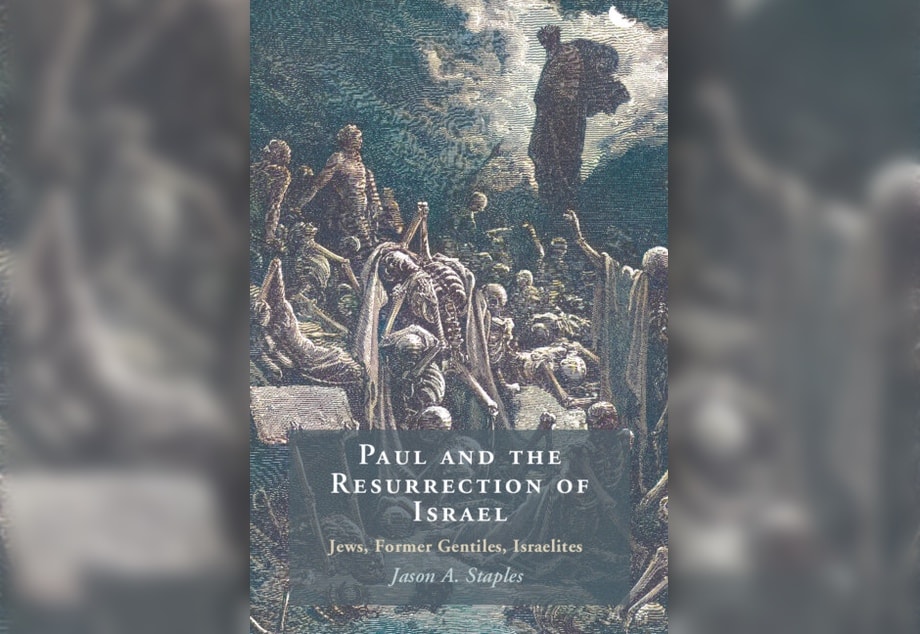There is much to like about and much to learn from Jason Staples’ book Paul and the Resurrection of Israel: Jews, Former Gentiles, Israelites, but I have serious doubts about the central thesis, which is that Paul’s overarching goal is the regathering and restoration of all Israel, including the tribes of the northern kingdom lost among the nations:
Paul argues that the incorporation of gentiles into the eschatological assembly is the necessary means for the reconstitution and restoration of “all Israel,” an entity not only including Jews but also non-Jewish Israelites restored from the nations among which northern Israel had assimilated. (45)
An immediate obstacle to the thesis would seem to be presented by Paul’s discussion of idolatry and its consequences in Romans 1:18-32.

Recent comments